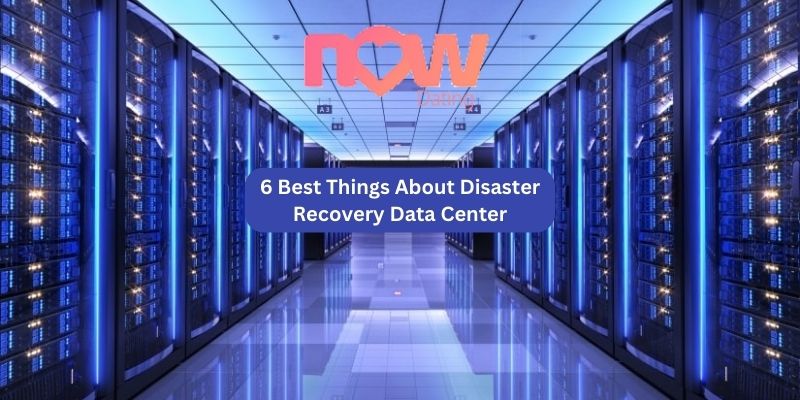Data lake governance: Benefits and challenges

A good Data Lake Governance strategy is essential for your organization to maintain a healthy and well-functioning data environment. To properly build a Data Lake, you must keep it from becoming a Data Swamp – a database where massive amounts of data have been dumped with no meaningful plan or mechanism in place to assure relevant and timely access. Let’s follow us to find out more about Data Lake Governance in this post!
What Types of Data are you Working With?
A large part of determining which solution is ideal for your organization is determining whether your data is organized or unstructured, as well as the amount and velocity with which it will enter your storage. Structured data has a specified, predictable format, with elements that adhere to an established model. This type of data can be utilized to create a relational database that can be queried predictably and regularly using a program like SQL.

Unstructured data does not have this arrangement, lacks common fields, and is irregular, making it far more difficult to analyze and query. This sort of data can have chunks of varying sizes and formats, rendering them incomprehensible to SQL. Semi-structured data is a hybrid of the two, with specified classes and categories but not to the same extent as completely structured data.
A Data Lake is ideal for storing unstructured data or data with a less predictable structure. One of the key advantages of this storage solution is that it prefers to use less expensive storage resources rather than more expensive computing resources. There is no need to convert the data into a structured relational representation before storing it. While this is a fantastic strength, it may also be a weakness if not used correctly.
Benefits of data lake governance
Effective data governance enables organizations to increase data quality and maximize data utilization for corporate decision-making, resulting in operational improvements, stronger business strategies, and improved financial performance. That holds true for governing data lakes as well as other sorts of systems. The following are some of the unique benefits of data lake governance:
Access to relevant data for sophisticated analytics has been expanded. It is easier for data scientists and other members of analytics teams to find the data they need for machine learning, predictive analytics, and other data science applications in a well-governed data lake.
Spend less time preparing data for analytics. While data in a data lake is typically retained in its raw form until it is required for specific applications, in a regulated environment, the data preparation process can be shortened. Data cleansing, for example, decreases the need to address data inaccuracies and other difficulties later on.
Reduced IT and data management expenses. The data processing and storage resources required by a data lake can be lowered by preventing it from growing out of control. Overall data management requirements can be reduced by increasing data accuracy, cleanliness, and consistency.
Improved sensitive data security and regulatory compliance. A common use case for data lakes is customer analytics to aid in marketing and sales. As a result, they frequently include sensitive client information. A data lake’s strong governance helps ensure that such data is adequately secured and not exploited.
How to Make Data lake governance Useful for Business?

It’s easy to dismiss your company’s data as abstract and impersonal, existing exclusively within its own realm and influenced solely by technocratic management. However, data exists primarily to inform business decisions and is only useful when digested in the appropriate format by the appropriate people. Effective data governance ensures that your data is a nutritious wellspring rather than a stagnant bog.
When dealing with highly organized data that consists of well-defined fields and is expected to remain consistent, a structured and relational Data Warehouse is usually the best option. Data warehouses frequently integrate multiple data sources and run queries using some form of SQL.
Because the data adheres to a consistent format and structure, it can serve as a dependable source of truth for a corporation. As a result, a Data Warehouse can support dependable single analytics reporting systems. This highly planned and organized approach is the source of the benefits, but it is also the source of some disadvantages.
Data lake governance challenges
Data governance’s companion data management disciplines include data quality, metadata management, and data security, all of which figure into data lake governance – and its issues. Here are five frequent data governance issues that arise during a data lake installation.
The correct data sources must be identified and maintained. Many data lake implementations do not record or make available the source metadata, making the legitimacy of the data lake’s contents unclear. For example, the system of record or the business owner of data sets may be missing, or clearly redundant data may be generating problems for data analysts. At the very least, the source metadata for all data in a data lake should be documented and made available to users to offer context.
Problems with metadata handling. Metadata contextualizes data set content and is a crucial component in making data understandable and useable in applications. However, many data lake systems overlook the importance of applying the relevant data definitions to the acquired data. Furthermore, because raw data is frequently fed into a data lake, many businesses skip the processes required to validate the data or apply organizational data standards to it. Because of the lack of adequate metadata management, the data in a data lake is less usable for analytics.
Coordination on data governance and data quality is lacking. Poor-quality data can enter a data lake if data lake governance and data quality work are not coordinated. When data is utilized for analytics and to drive business decisions, this can lead to erroneous results, producing a loss of confidence in the data lake and a widespread distrust of data across an organization. Effective data lake deployments require data quality analysts and engineers to collaborate closely with the data governance team and corporate data stewards to apply data quality policies, profile data and take the necessary actions to improve its quality.

Coordination issues in data governance and data security. In this situation, improperly applied data security standards and rules as part of the governance process might result in concerns with access to personal data protected by privacy regulations and other types of sensitive data. Although data lakes are designed to be an open source of data, security and access control mechanisms are required, and the data governance and data security teams should collaborate during the data lake design and loading processes, as well as ongoing data governance initiatives.
Conflict between business divisions using the same data lake. Different departments’ business standards for comparable data may differ, resulting in an inability to reconcile data variances for reliable analytics. A strong data governance program that includes an enterprise view of data policies, standards, processes, and definitions, as well as an enterprise business lexicon, can help to reduce challenges that arise when several business units use the same data lake. If a company has many data lakes, each one should be included in the data lake governance process and allocated business data stewards.
Conclusion: So above is the Data lake governance: Benefits and challenges article. Hopefully with this article you can help you in life, always follow and read our good articles on the website: qule.info





